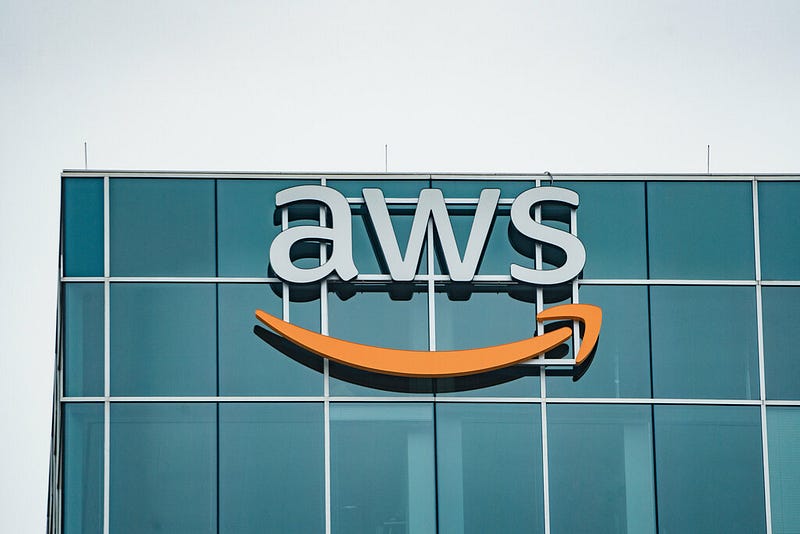Tech Sector: A Bubble? Not Quite Like the Dot-Com Era
Written on
Chapter 1: Current State of the Tech Industry
Recently, my organization announced a halt on new hires, a move that many other tech firms are also adopting. This reflects a stark reality: the tech sector's ambitions are not matching the actual market demand.
Does this situation evoke memories of the dot-com bubble? While there are similarities, a crucial distinction exists. In the late 1990s, the focus was heavily on consumer-centric businesses, with companies like Pets.com and eToys.com capturing attention. Unfortunately, many of them faced a significant shortfall in demand.
In contrast, today’s tech landscape largely centers around business-to-business (B2B) solutions. Companies like Salesforce, Zoom, and even Amazon, with its highly profitable AWS division, exemplify this shift.
Why does this difference matter? There is always a base level of demand from consumers—people enjoy streaming movies, ordering items online, and engaging with their favorite influencers. The pandemic illustrated that even during economic downturns, individuals continue to rely on their digital devices, often increasing their usage.

Chapter 2: The B2B Landscape and Economic Implications
However, the downturn in B2B-focused companies resembles a collapsing pyramid scheme. When one firm falters, the demand for essential services—analytics, sales, and marketing—also diminishes, leading to a ripple effect of struggle across the sector.
My own company is feeling these effects, as our hiring freeze stems directly from a drop in demand from other tech firms.
Is this a sign of bad news for the broader economy? The answer remains uncertain. The speed at which new companies emerge, expand, and either go public or fail is now much quicker than during the 90s. Consequently, while many firms may be facing challenges, the overall risk to the tech industry and the economy seems relatively contained.
In fact, this recent slowdown may cause us to overlook how quickly the tech sector is evolving into a dominant force. Major corporations are expected to keep expanding, especially within technology. When growth stalls, it can lead to unwarranted anxiety. It's essential to maintain a broader perspective.
Let’s delve into cloud services as a representation of the tech sector. Amazon, Microsoft, and Google are the leading players, with these companies often reaping substantial profits from their cloud offerings. For instance, AWS contributed nearly 16% to Amazon’s total revenue in the first quarter of 2022.

Section 2.1: The Growth of Cloud Computing
The cloud market is rapidly expanding. In the same quarter mentioned, AWS experienced a year-over-year growth of 36.5%, even though this marked a deceleration compared to previous figures. According to Reportlinker, the global cloud computing market is projected to nearly double from 2021 to 2026.
While financial metrics and growth rates often dominate the discussion, it’s worth considering the overall impact of technology through a different lens. The internet now permeates nearly every aspect of our lives, powering everything from video streaming to online banking.
But the reach of the cloud extends beyond mere website hosting. One of technology's defining traits is its ability to evolve and compound rapidly, often in unexpected ways.
As we move into the future, we will see the rise of the Internet of Things (IoT). To put it simply, anything that can be connected to the internet will eventually be connected. Think of items like your refrigerator, front door, car, and even everyday objects like vending machines or billboards.
What will facilitate these connections? The cloud. As innovative software emerges to manage these connections, it will all be supported by cloud infrastructure.
You might feel uneasy about the thought of virtually everything you own being online. Yet, people from fifty years ago would have found it hard to believe that our lives could be encapsulated in a small device we carry daily, and still, we embrace the technology.
Does this indicate infinite growth for the tech sector? Certainly not. Much of this anticipated growth is already factored into stock valuations, and growth is never guaranteed.
However, it’s crucial to recognize the remarkable advancements technology brings to our lives. The cloud services that have fueled the internet's explosive growth are here to stay. As more individuals connect to the internet and more devices within our homes come online, the tech industry is increasingly resembling a stable sector akin to real estate in the 21st century.